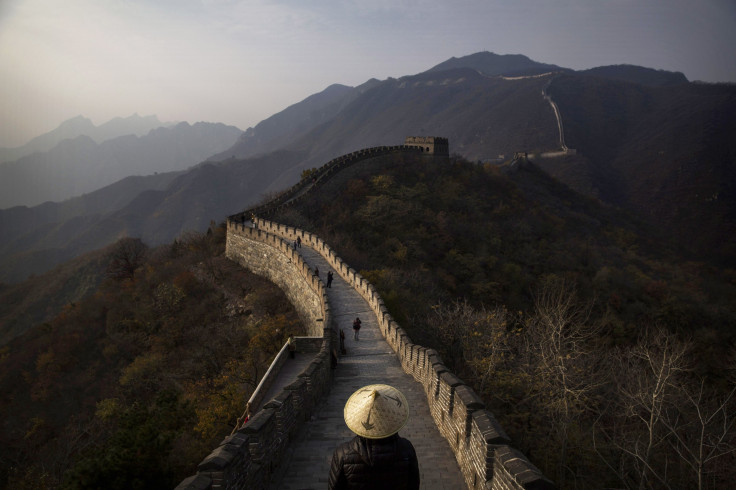China Blocks Many Virtual Private Networks, Used To Skirt Internet Censorship, In New Crackdown

Internet users in China who use virtual private networks (VPNs) to circumvent the country's Internet censorship system, known as the “Great Firewall,” found the services blocked or only intermittently available Friday, in what analysts see as part of an increasingly vigorous online censorship campaign in the country.
Users of many VPN services in the country reported difficulty accessing the services Friday. The popular service Golden Frog posted an update on its blog confirming that users were experiencing problems.
China blocks a large number of popular websites, including Facebook, Twitter, and those that the authorities deem to contain politically sensitive material, such as information about the 1989 Tiananmen Square killings, or unflattering news stories about Chinese government figures. The websites of several Western news outlets, including the New York Times and BBC have also been blocked at times.
The blocking of these sites, however, has often been more symbolic than effective. Many Chinese Internet users simply accepted the restrictions as a fact of life and used widely-available VPN technology to circumvent them.
“We have seen increased web censorship over the past year and I think drawing a correlation to the disruption of consumer-facing VPN services is not a stretch,” Charlie Smith of Greatfire.org, which monitors censorship in China, told the Financial Times.
The wave of increased Internet censorship includes the blocking of Google's Gmail service in December 2014. One U.S.-based expert linked the Internet crackdown to the anti-corruption drive that President Xi Jinping has launched since taking power.
"We all know that China is in the middle of a very ferocious power struggle or political cleansing under the name of an anti-corruption campaign," Xiao Qiang, an adjunct professor with University of California, Berkeley's School of Information, told The Associated Press. "That to me is a very clearly related fact with the amount of political rumors and information related to China's high politics showing up in websites outside of China."
© Copyright IBTimes 2024. All rights reserved.






















